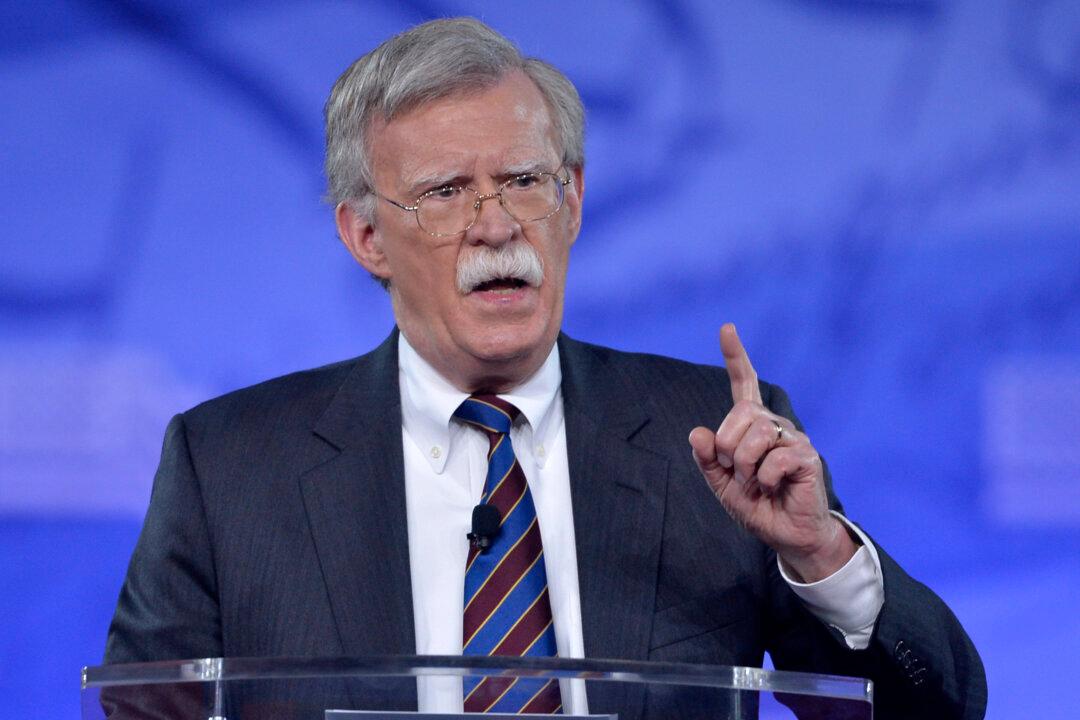News Analysis
Decades of a conciliatory approach by the United States toward China could be finally coming to an end, as President Donald Trump has tapped John Bolton to be the next national security adviser.

Decades of a conciliatory approach by the United States toward China could be finally coming to an end, as President Donald Trump has tapped John Bolton to be the next national security adviser.